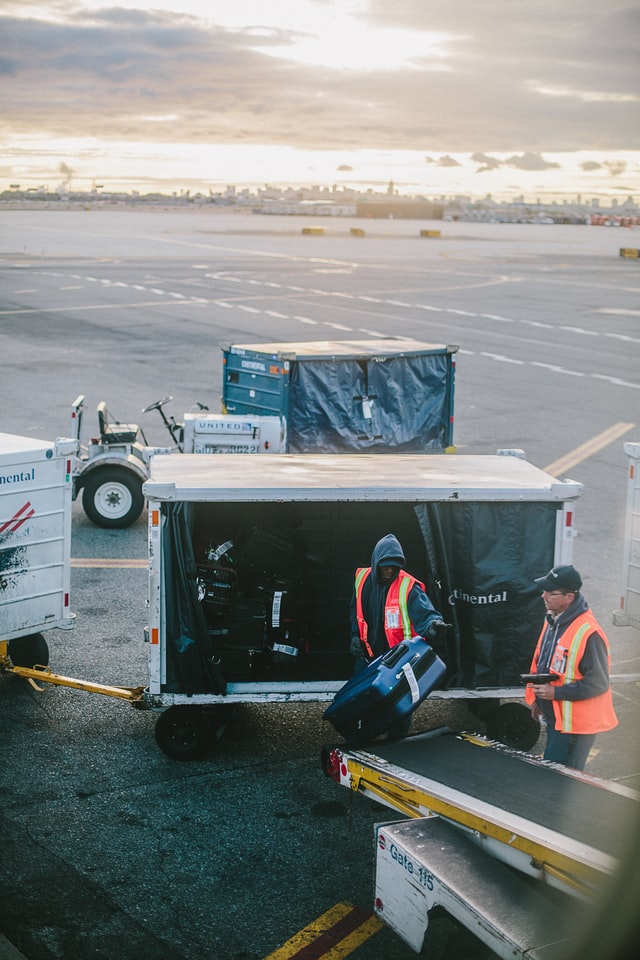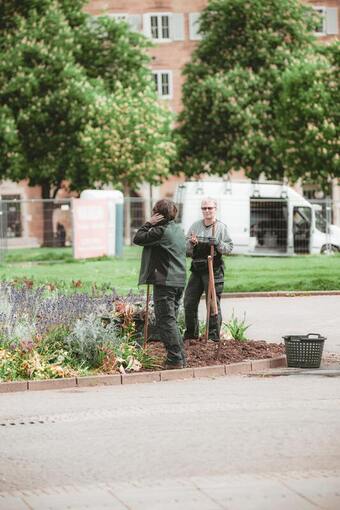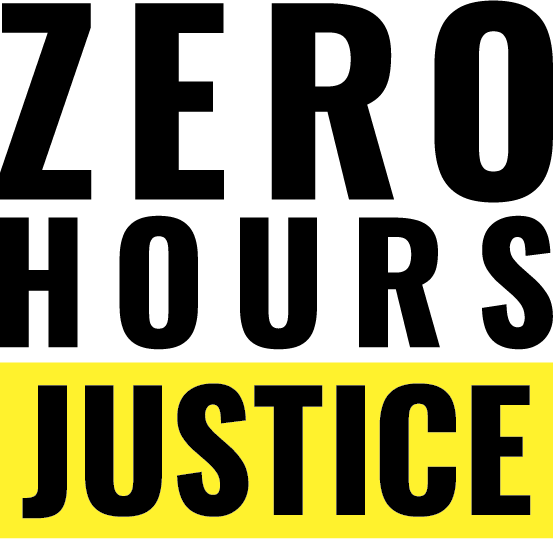|
By Pravin Jeyaraj
George*, one of the zero hours contract workers affected, said: “"Having previously been told that the zero-hours staff wouldn't be furloughed, I contacted Zero Hours Justice for advice and support. After they contacted my employer, a decision has since been made to place me and my zero-hour colleagues on furlough, which is a great lifeline. Thanks to Zero Hours Justice in helping to achieve this great success." James Johnson-Flint, Director for Zero Hours Justice, said: “It is great that ABM have been flexible about furloughing its zero hours contract workers. We have often found that employers, once they decide not to furlough, rigidly stick to their decision despite good arguments to the contrary and without any sense of obligation to the staff on whom they depend to generate money. But the zero hours contract workers should never have been put in the position of having to push to be furloughed. There have been various government schemes to help employers support employees from 1 November – the now postponed Job Retention Bonus, Job Support Scheme and now extended Coronavirus Job Retention Scheme. As soon as the second lockdown was announced, a large company such as ABM should have instinctively thought it had the means to look after its zero hours staff.” * Real name has not been used
 The vast majority of cases that Zero Hours Justice has received this year have been related to Covid-19. It is clear that the pandemic, especially the government restrictions and lockdown, have simply magnified the negative effects of zero hours contracts and insecure work. The people we have seen affected have been a diverse group, including invigilators who lost work when exams were cancelled this summer, local council workers, facilities staff working at Manchester Airport, shop workers and hospitality staff. Most shockingly, we have seen experienced, registered nurses on bank contracts with many years experience simply dumped by the NHS in the middle of a public health crisis. As a result, we would like to let you know about Bureau Local and The Daily Mirror's Is Work Working? project, in which is intended to support you to tell your own stories of being in insecure work. They are running a series of online events and workshops to help you share your experience. It is hoped that the project will provide a great opportunity to shine a light on an under-reported area, particularly as people will be telling and shaping their own stories in a unique way. The successful participants will be paid for their involvement and will ultimately see their stories published in The Daily Mirror and on The Bureau of Investigative Journalism’s website. The first event, an online Open Newsroom, takes place on 4th December at 1pm. You can find out more information from Bureau Local's website and this The Daily Mirror article.
Pravin Jeyaraj, Communications Officer for Zero Hours Justice, said: “Whilst we accept that that there is no contractual obligation to pay casual workers for work not done, it is not unreasonable to expect employers to be flexible in the current, unusual circumstances. Despite the nature of their working arrangements, many of the casual workers have have loyally undertaken work for Broxbourne Council for many years. They could reasonably expect that, had it not been for the pandemic and lockdown, there would have been work for them to do.”
Broxbourne Council has a cohort of 458 casual workers. One of those affected by the decision not to pay for cancelled shifts during lockdown, Dawn Etheridge, said: “I was very disappointed with the council's decision. It is an affluent borough that has admitted it did not need to use the furlough scheme as it had enough money. Despite this, it could not see fit to support some of its lowest-paid workers, even for those shifts they already had booked before the pandemic started. My family have over 28 years of service for the borough between us. I know we have only been casual workers but that's not because we didn't want to be permanent workers - it was something that was never offered to us. To lose a large portion of your salary overnight caused real financial hardship to me. I have worked for Broxbourne Council regularly for eight year, an average of 10 hours a week. 10 hours a week on minimum wage may not seem a lot to some but if you are on a low income bringing up a family on your own it makes a huge difference. My son also worked for Broxbourne Council as a casual worker so to lose two salaries from one family was very hard. Luckily my son is younger and was able to find some work during the pandemic to help out. I am now nearly 60, so was cautious about going out to find work during a global pandemic.” There is no obligation for employers to pay staff for cancelled shifts, which is a big problem for all zero hours contracts staff. However, in July 2019, the Department for Business, Energy and Industry consulted on various proposals that would benefit flexible workers, including compensation where shifts are cancelled at short notice. The proposals were proposed by the Low Pay Commission. Zero Hours Justice was launched in January 2020 by a coalition of concerned citizens to:
It is led by Ian Hodson, who is also president of the Bakers Food and Allied Workers Union, and founded and funded by Julian Richer, the founder of Richer Sounds and author of “The Ethical Capitalist”. For more information and to share your story or offer help or support, see www.zerohoursjustice.org |
contactFor press enquiries or permission to reuse content, please contact: Archives
June 2024
CATEGORIES
All
|
|
Company No: 12417909 Registered Office: 38 Coney Street, York, Y01 9ND
|



 RSS Feed
RSS Feed


